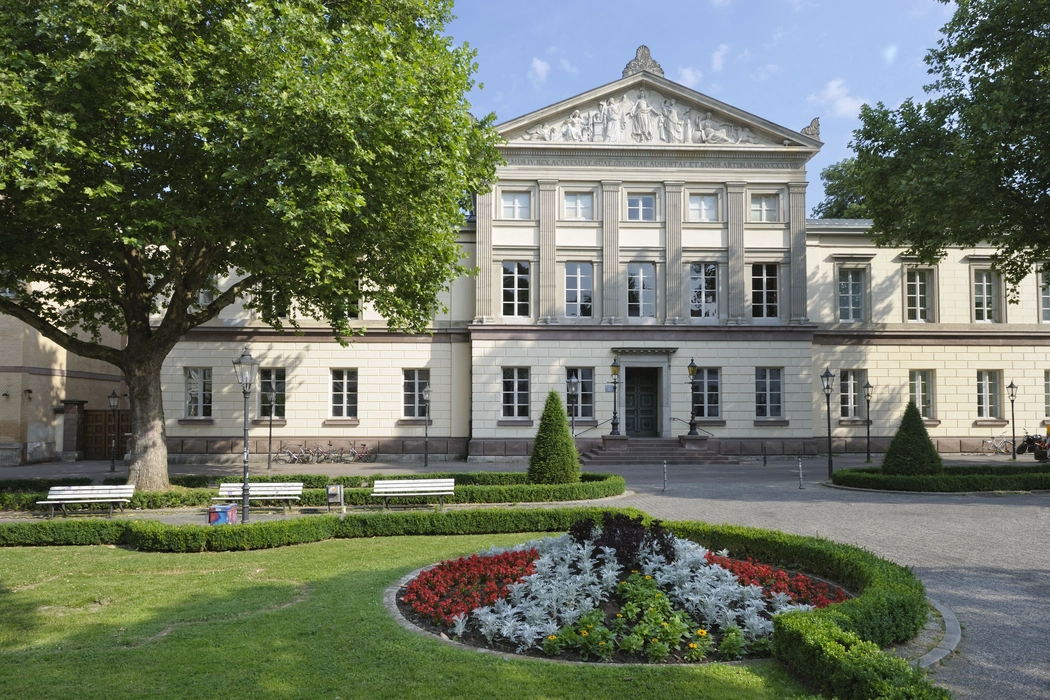How Does Gender Inequality Affect a Country’s Economic Performance?
DOI:
https://doi.org/10.21036/LTPUB10645Researcher
Stephan Klasen is Professor of Development Economics at the University of Göttingen. Having completed his Ph.D. at Harvard University, he has also held posts at the University of Munich and at the University of Cambridge. Klasen’s research focuses on poverty, inequality, environment, and gender. President of the European Development Research Network (since 2015), and a member of the UN Committee on Development Policy, Klasen regularly provides consultancy expertise to organizations including the World Bank, the OECD, and UNESCO.

Original Publication
The Impact of Gender Inequality on Economic Performance in Developing Countries
Stephan Klasen
Published in
Citation
Stephan Klasen,
Latest Thinking,
How Does Gender Inequality Affect a Country’s Economic Performance?,
https://doi.org/10.21036/LTPUB10645,
Credits:
© Stephan Klasen
and Latest Thinking
This work is licensed under CC-BY 4.0
